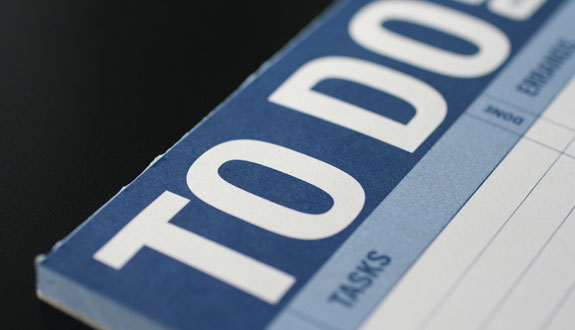by Zack Baldwin
A part of LSAT prep is improving your reading comprehension for the exam. Most students who study for the LSAT find the Reading Comprehension (RC) section the most difficult to improve in the window of time they study. The reason for this is that the key skills tested in the RC section are difficult to improve over a short period of time, which tend to be learned and improved quickly. Today, we’ll look at 4 long-term strategies for improving your RC score for test day.
1. Prepare your reading list.
To prepare for the LSAT’s RC section, you are going to have to…well…read. In particular, you are going to want to read things that will challenge you and write at a higher level than the LSAT RC. You read that correctly: you want to practice reading material that is more difficult than what you’ll see on test day. This could include critical reasoning, analytical reasoning, a logical reasoning section, or just a simple LSAT passage. Why? It will make the actual RC passages easy by comparison — think of it like practicing to lift 100 pounds by lifting 150 pounds — it will just be easier. Ask friends or professors to help you develop a list of books and magazines in philosophy, science, liberal arts, and, if it’s particularly tough for you, law.
2. Work lightly and frequently, not heavily and intensely.
The actual LSAT RC section lasts 35 minutes. This is a great amount of time to set aside every day for working through your reading list. When practicing any skill, it helps to practice for a small amount of time very frequently, rather than to practice for a long period of time infrequently. Take three 30-minute reading breaks rather than one 90-minute reading break.
And since we’re practicing a skill here, try reading faster while improving your comprehension. This may sound silly, but we’re trying to build good habits here, and it may not seem that way, but you are habituated to your reading speed: it is a habit you’ve developed. Try and go faster — you’ll lose some meaning at first, but maybe you can actually improve your speed for test day (and for life, generally).
3. Reflect on what you read.
This entire exercise is for nothing if you aren’t reviewing what you are reading. Take notes. Question what you just read. Try to summarize large parts of the text into your own words, and break the authors’ ideas into language that’s easier to understand. Practice using your own language to understand the language of the writers. This is the key skill of the RC questions and section: being able to paraphrase the language of the writers and then find answers that match your paraphrasings.
4. When in doubt, try something new.
If you find after a month of regular reading practice and comprehension passages that you are in exactly the same situation you began, it’s time to change tactics. If time is a serious issue, try to do three passages well instead of four poorly. Focus on bad answers and apply process-of-elimination tactics with a casual liberalism; it’s not how the test was meant to be taken, but it simply is true that extreme answers are less frequently correct than less extreme answers.
The questions in RC are hackable to a degree. Try and suss out patterns of bad answers and work backward, questions and answers first, instead of focusing your attention on the passage.
While the Reading Comprehension section of the LSAT exam is often the most difficult to improve in, there are ways.
Remember this:
- • Develop your LSAT reading list, and know what you are going to read to practice your comprehension skills.
- • Break out of your habitual reading speed. Read and comprehend faster.
- • Read and reflect on your passages. Are you able to paraphrase it?
- • Try new tactics such as breaking out the passages and applying the process of elimination.
Try these strategies and see how they can help you!
And if you need a boost, try creating a free LSAT account to access our free practice test to see your strengths and weaknesses and customize our study planner to your resources and time frame.




